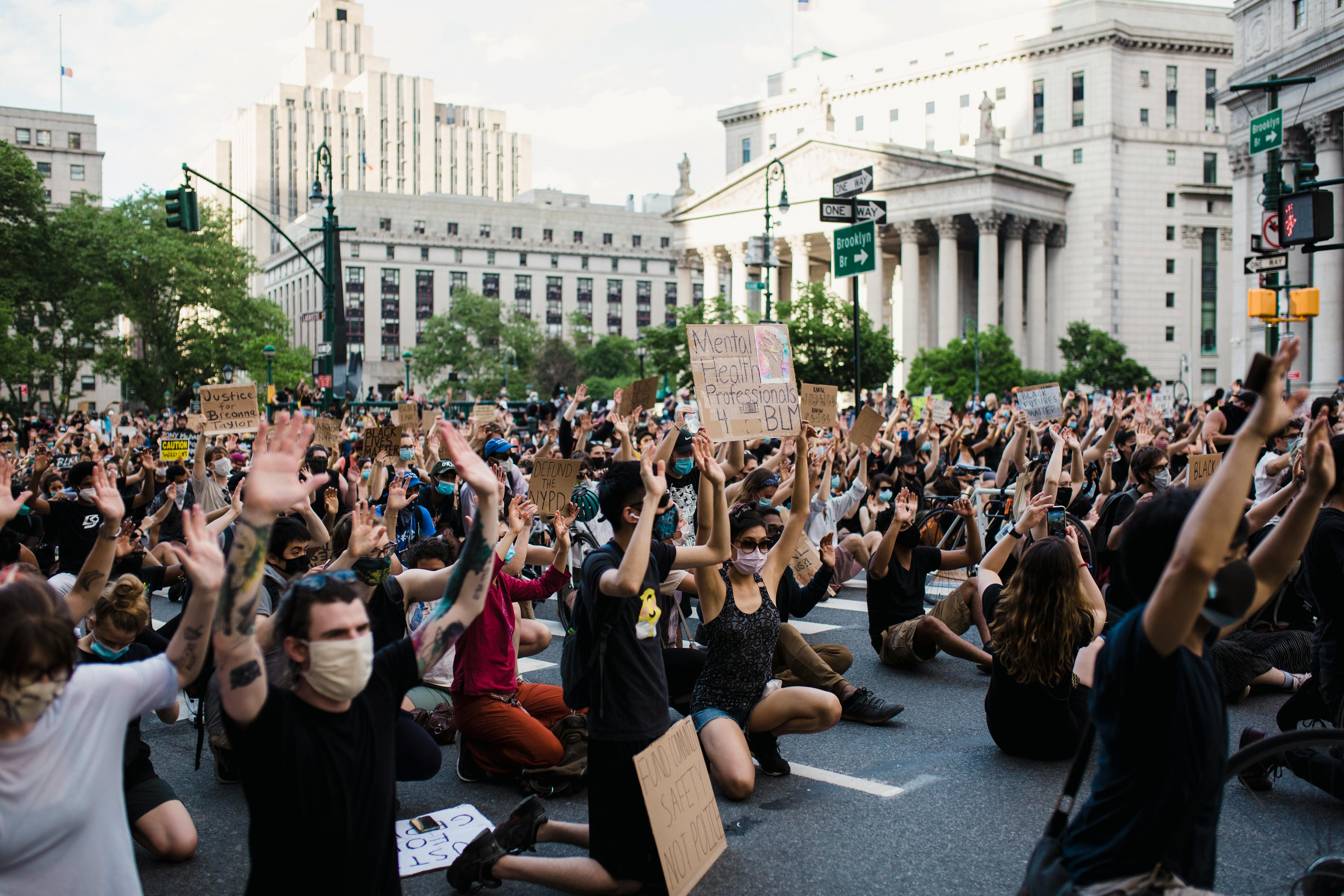
The Silent Pressure in the Age of Youth Activism
By Ajayi Oluwayemi Ifeoluwa
In Celebration of International Youth Day (August 12)
Youth leading social movements face anxiety burnout
In Celebration of International Youth Day (August 12)
Youth leading social movements face anxiety burnout
Today’s youth are no longer waiting in line to be heard; they are raising their voices, stepping into leadership, and reshaping the world. From global climate strikes to grassroots community advocacy, young people are at the forefront of movements demanding justice, equity, and sustainable change.
But behind the power of their voices and the passion of their actions lies a quieter story, one that doesn't always make the headlines: the story of silent pressure, emotional burnout, and the overwhelming burden of being seen as the "hope of the future."
When Activism Becomes a Weight
While many applaud the energy of young changemakers, few stop to consider the emotional toll that comes with it. Young people are often told, “You are the future”—a statement meant to inspire, yet one that can silently crush. This well-meaning praise can quickly turn into pressure: to lead, to fix broken systems, to heal global wounds, and to carry the hopes of generations on their still-developing shoulders.
Youth activists are expected to be fearless and tireless. But the truth is, many are exhausted. Many battles with self-doubt, anxiety, and the paralysing feeling that no matter how much they give, it’s never enough.
The Invisible Toll: Burnout and Anxiety
Constant advocacy often means living in a loop of urgency. Issues like climate change, human rights, inequality, and mental health crises are not occasional projects; they’re ongoing battles. For youth leaders, the pressure to remain constantly engaged, available, and impactful becomes a lifestyle.
This unrelenting pace leads to:
• Burnout: Mental and emotional exhaustion from sustained advocacy and public pressure.
• Isolation: Being misunderstood by peers or feeling disconnected from a “normal” youth experience.
• Imposter Syndrome: Constantly questioning their adequacy despite their efforts or recognition.
• Emotional Trauma: From repeated exposure to systemic injustices and personal attacks, especially on social media.
While older generations often admire youth energy, they rarely make room for youth vulnerability. Yet behind every viral campaign and rally speech is a human being who needs rest, reassurance, and real support.
Hope Needs Healing Too
On this International Youth Day, the theme is not only about recognising the power of youth but also acknowledging the pressure they face. It’s time we shift from romanticising resilience to fostering restorative support.
Here’s how:
• Prioritise Mental Health: Provide accessible mental health services and safe spaces specifically designed for young changemakers.
• Normalise Pausing: Encourage breaks, sabbaticals, and time off without guilt. Even movements need moments of stillness.
• Intergenerational Support: Adults must not only celebrate youth voices but also actively share the load. True progress is collaborative.
• Protect, Don’t Just Praise: Safeguard young leaders from online abuse, burnout, and unrealistic expectations.
Let’s Reframe the Narrative.
Young people are more than our future; they are humans of the now, deserving of compassion, boundaries, and balance. They need mentors, not messiahs. Allies, not fans. Shared responsibility, not silent delegation.
Let’s not just thank them for their courage. Let’s stand beside them with care, with listening ears, and with open hands ready to lighten the load.
To every young activist reading this:
Your voice matters. Your rest matters too. You are not alone, and you were never meant to carry the world alone.
Happy International Youth Day.
Recent Post

Latest
Escapism vs Healing: Why We Vacate Over the Holidays and What It Does to Our Mental Health
Read more
Latest
Grief over Summer
Read more
Latest
Compassion Fatigue: When Helping Hurts – A Call to Action on World Humanitarian Day
Read more
Latest
PTSD Isn’t Just a War Wound: Everyday Trauma and Its Impact
Read more